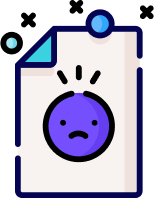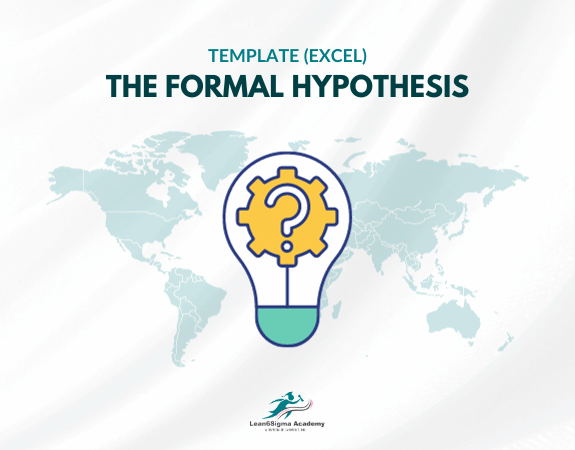The Formal Hypothesis Template
Research questions
Significance
Test your theories!
Predictions with facts
Identify Variables
Structured thinking & Problem solving
The Formal Hypothesis Template typically includes the following components:
Research Question or Problem Statement: Begin by clearly articulating the research question or describing the problem you intend to investigate. This provides the context for your hypothesis.
Null Hypothesis (H0): State the null hypothesis, often denoted as H0. The null hypothesis represents the default assumption that there is no significant relationship, effect, or difference between variables. It typically posits that any observed differences are due to chance.
Alternative Hypothesis (Ha or H1): State the alternative hypothesis, often denoted as Ha or H1. The alternative hypothesis represents the assertion or claim you want to test. It proposes a specific relationship, effect, or difference between variables.
Variables: Identify and clearly define the variables involved in your hypothesis. Specify the independent variable (the one you manipulate) and the dependent variable (the one you measure).
Directionality: If applicable, specify the direction of the expected relationship or effect. Will the relationship be positive (increases in one variable correspond to increases in the other), negative (increases in one variable correspond to decreases in the other), or non-directional (no specific expectation)?
Level of Significance (α): Indicate the chosen level of significance (α), which represents the threshold for statistical significance. Common values include 0.05 or 0.01, indicating a 5% or 1% chance of a Type I error, respectively.
Predictions: Describe what you predict will happen if your alternative hypothesis is supported by data. What specific outcomes or observations do you expect to see?
Justification: Provide a brief rationale or explanation for why you are proposing this hypothesis. What background information, theory, or evidence supports your alternative hypothesis?
Assumptions: If any assumptions underlie your hypothesis, explicitly state them. Assumptions may involve conditions, limitations, or specific contexts in which your hypothesis applies.
Testing and Analysis: Describe how you plan to test or analyze your hypothesis. What methods, experiments, data collection, or statistical tests will you use to investigate the relationship or effect?
Expected Results: Anticipate the potential outcomes or results of your hypothesis testing. What would support your alternative hypothesis, and what would contradict it?
Implications: Consider the implications of your hypothesis being supported or refuted. What would it mean for your research or the problem you are addressing if your alternative hypothesis is confirmed or rejected?
A formal hypothesis template adheres to a standardized structure and notation, making it clear and easily interpretable for researchers, reviewers, and readers. Researchers use this template as a foundation for formulating hypotheses, conducting experiments, and analyzing data to draw conclusions.
The use of null and alternative hypotheses helps frame the scientific inquiry and allows for rigorous testing of ideas and theories.

0 Reviews
Riaan is a dynamic leader, coach, facilitator, Lean Six Sigma Master Black Belt with over 20 years of hands-on experience driving business results. Riaan is highly skilled and has worked across diverse industries internationally. With a degree in Chemical Engineering, Riaan started in the major breweries and bakeries in South Africa and was so dedicated to his work that he was often known to take his work home with him.
